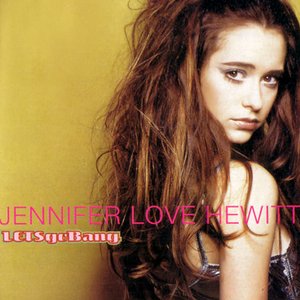


1970 Bill Haley & His Comets - album Rock Around the Country.1970 Kris Kristofferson - album Kristofferson (Kristofferson's version also appears in the film Two-Lane Blacktop).1970 Gordon Lightfoot - album Sit Down Young Stranger.1970 The Statler Brothers - album Bed of Rose's.1970 Ramblin' Jack Elliott - album Bull Durham Sacks & Railroad Tracks.1969 Kenny Rogers & The First Edition - album Ruby, Don't Take Your Love to Town.148 on Rolling Stone 's list of the 500 Greatest Songs of All Time.Ĭhart performance (Roger Miller version) Chart (1969) Joplin's version topped the charts to become her only number one single and in 2004, her version of this song was ranked No. The first time he heard her recording of it was the day after she died. Kristofferson did not know she had recorded it until after her death. Studio musician Stephen Ryder manned the keyboard for that session, and famously "Got a little carried away." Kristofferson had sung the song for her, and singer Bob Neuwirth taught it to her. Joplin recorded the song for inclusion on her Pearl album only a few days before her death in October 1970. Kenny Rogers and The First Edition recorded the song (with Rogers on lead vocals) and released in on their album Ruby, Don't Take Your Love To Town in 1969. The song was included on a Statler Brothers album but was not released as a single. 1 country music chart in his native country of Canada in 1970. Roger Miller was the first artist to record the song and it appeared at No. Recordings and notable performances "Me and Bobby McGee"įile:Me and Bobby McGee - Janis Joplin.jpg They visit California and then part ways, with the song's narrator expressing his sadness after her departure.
Jennifer love hewitt me and bobby mcgee driver#
The couple hitch a ride from a truck driver and sing as they drive through the American south. The song is the story of two drifters, the narrator and his girlfriend Bobby McGee. Kristofferson did not write the song for Joplin, but it became strongly associated with her after her death. The suggestion for the title came from producer and Monument Records founder Fred Foster.


 0 kommentar(er)
0 kommentar(er)
